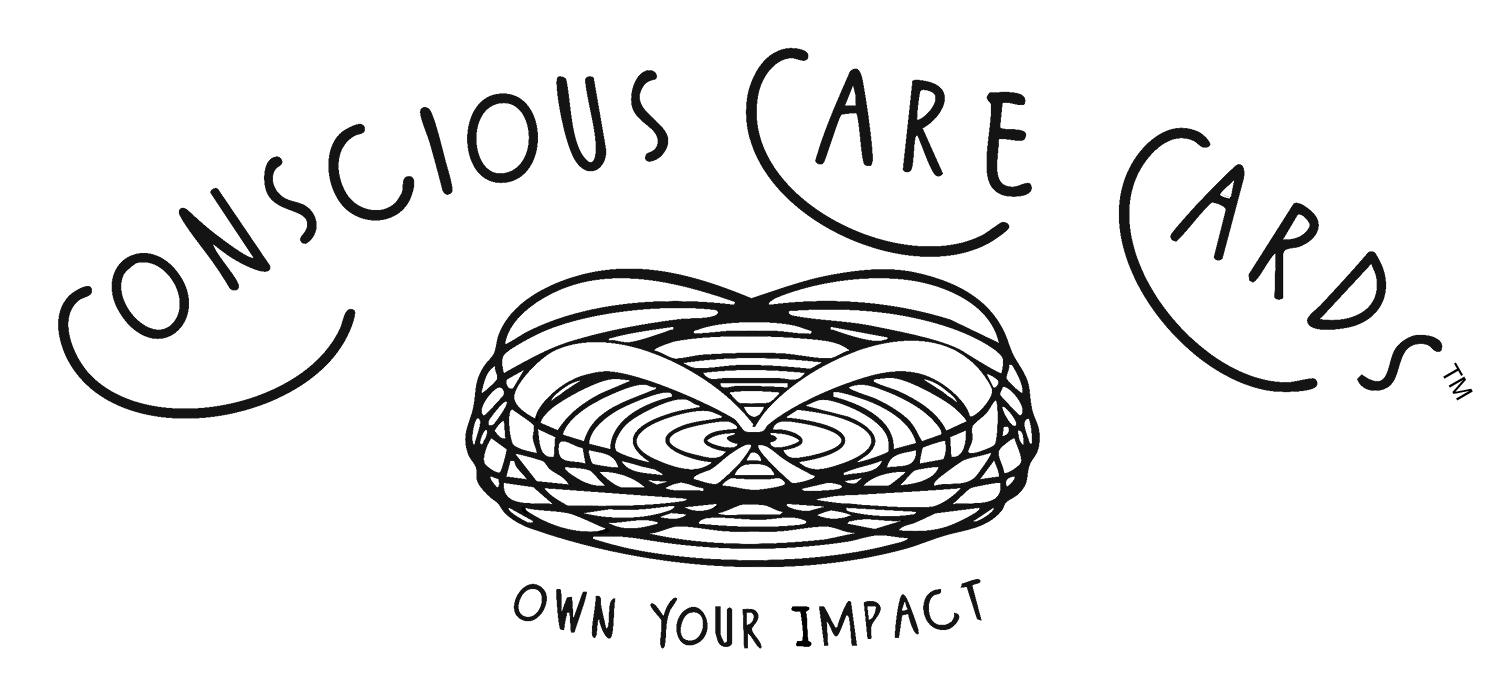Science-Backed Research
Conscious Care Cards combine research in neuroscience, mindfulness, and attachment theory to provide caregivers with practical, proven tools to create a secure, thriving family dynamic.
Click on any of the citations below to read more about the research that supports the card.
APA Citations:
1. Jent, J. F., Niec, L. N., & Baker, S. E. (2018). Emotion regulation as a mechanism of change in Parent-Child Interaction Therapy. Journal of Child and Family Studies, 27(2), 633–643. https://doi.org/10.1007/s10826-018-1302-2
2. Ginsburg, K. R. (2007). The importance of play in promoting healthy child development and maintaining strong parent-child bonds. Pediatrics, 119(1), 182-191. https://doi.org/10.1542/peds.2006-2697
3. Kuyken, W., Weare, K., Ukoumunne, O. C., Vicary, R., Motton, N., Burnett, R., ... & Huppert, F. (2013). Effectiveness of the Mindfulness in Schools Programme: Non-randomised controlled feasibility study. The British Journal of Psychiatry, 203(2), 126-131. https://doi.org/10.1192/bjp.bp.113.126649
4. Luby, J. L., Belden, A. C., Botteron, K., Marrus, N., Harms, M. P., Babb, C., ... & Barch, D. (2013). The effects of poverty on childhood brain development: The mediating effect of caregiving and stressful life events. JAMA Pediatrics, 167(12), 1135-1142. https://doi.org/10.1001/jamapediatrics.2013.3139
5. Burke Harris, N. (2017). The Deepest Well: Healing the Long-Term Effects of Childhood Adversity. Houghton Mifflin Harcourt.
6. Kabat-Zinn, J. (2003). Mindfulness-based interventions in context: Past, present, and future. Clinical Psychology: Science and Practice, 10(2), 144-156. https://doi.org/10.1093/clipsy/bpg016
7. Siegel, D. J. (2012). The developing mind: How relationships and the brain interact to shape who we are. Guilford Publications.
Research on Conscious Care Cards activities:
APA Citation List:
1. Finkelhor, D. (2009). Boundary awareness and safety: Teaching children to recognize and assert their boundaries reduces their vulnerability to abuse and fosters confidence. Child Abuse & Neglect, 33(7), 497–504. https://doi.org/10.1016/j.chiabu.2009.01.001
2. Ginsburg, K. R. (2007). Personal space and emotional well-being: Understanding personal space helps children manage anxiety in social situations and fosters respect for themselves and others. Pediatrics, 119(1), 182-191. https://doi.org/10.1542/peds.2006-2697
3. Baldry, A. C., & Farrington, D. P. (2000). Assertive communication: Learning to assertively communicate boundaries is linked to better interpersonal relationships and lower rates of peer victimization. Aggressive Behavior, 26(5), 425-434. https://doi.org/10.1002/1098-2337(2000)26:5<425::AID-AB6>3.0.CO;2-J
4. IJSRP. (2024). Meta-analysis of randomized controlled trials: Evaluating diverse breathwork techniques for stress reduction and mental health outcomes. International Journal of Scientific and Research Publications. https://www.ijsrp.org
5. Semantic Scholar. (2018). Systematic review on slow breathing: Enhancing autonomic nervous system function for relaxation and stress reduction. Journal of Psychophysiology. Retrieved from https://www.semanticscholar.org
6. Springer Link. (2011). Breathwork in clinical settings: A therapeutic modality for depression and anxiety. Journal of Contemporary Psychotherapy, 41(3), 147-156. https://doi.org/10.1007/s10879-011-9180-6
7. American Psychological Association. (2020). Stress management techniques: Practices such as deep breathing, yoga, or progressive muscle relaxation effectively reduce stress and improve quality of life. American Psychologist, 75(3), 301-310. https://doi.org/10.1037/amp0000642
8. PLOS Journals. (2021). Social connections: Building and maintaining supportive relationships for better mental health outcomes and resilience. PLOS ONE, 16(2), e0245996. https://doi.org/10.1371/journal.pone.0245996
9. American Psychological Association. (2020). Engaging in hobbies: Participating in enjoyable activities enhances life satisfaction and reduces stress. Monitor on Psychology. Retrieved from https://www.apa.org
10. AAP Publications. (2022). Parenting interventions in pediatric primary care: Effectiveness in preventing mental and behavioral health disorders in children. Pediatrics, 140(6), e20170915. https://doi.org/10.1542/peds.2022-041781
11. Cambridge University Press. (2020). Parent-led cognitive behavioral therapy (CBT) for child anxiety: A review of efficacy and therapeutic potential. Journal of Anxiety Disorders, 67, 102145. https://doi.org/10.1016/j.janxdis.2020.102145
12. SpringerLink. (2021). Parent-child interaction therapy (PCIT): Effectiveness in reducing externalizing behaviors and fostering healthy parent-child dynamics. Child and Adolescent Psychiatry and Mental Health, 15(1), 7. https://doi.org/10.1186/s13034-021-00377-z
13. Trials Journal. (2019). Early parent-child intervention with dialogic book-sharing: Positive effects on child development outcomes. Trials, 20(1), 586. https://doi.org/10.1186/s13063-019-3743-6
14. PLOS Journals. (2020). The effects of physical exercise, parent-child interaction, and peer relationships on depression: Combining approaches for optimal outcomes. PLOS ONE, 15(4), e0230979. https://doi.org/10.1371/journal.pone.0230979
